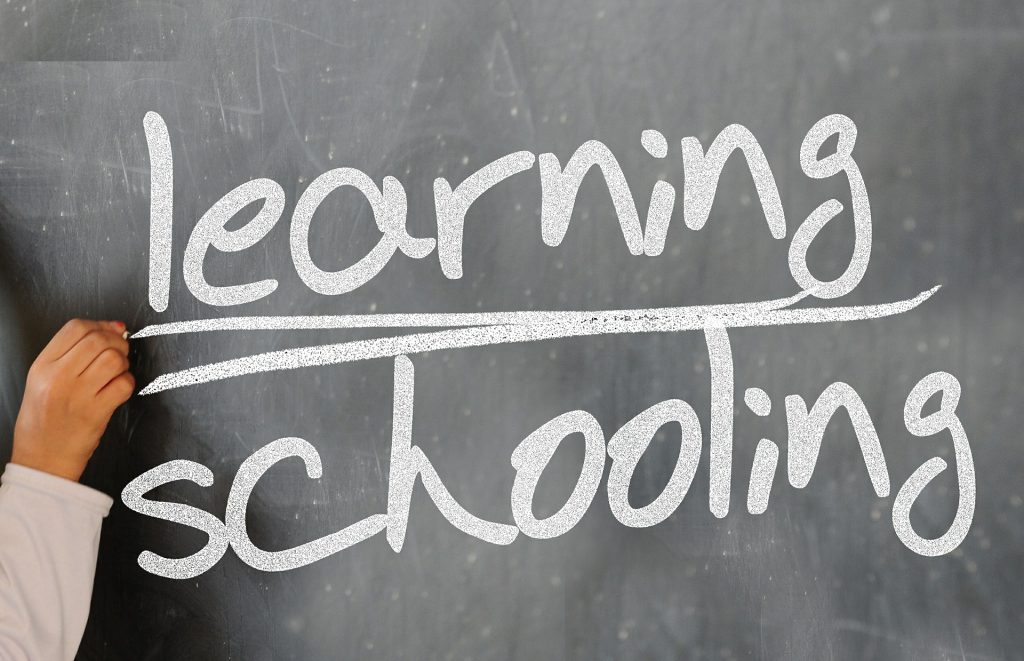Study Tips For Your Child’s Academic Success
There are a lot of contributing factors as to why children perform poorly when it comes to studying for an assessment or an exam. Do you want to know why? It’s simply because they haven’t developed good study skills to aid them in improving on themselves, as good study skills is quite an integral part of any child’s success. These 7 practical study tips are just perfect to enlighten you on what you need to improve on your child academically.

Effective study habits play a critical role in a child’s learning process. As parents and guardians, it’s essential we know and cultivate good study practices in our wards. This can go a long way in helping to solve their learning problems and guarantee their success in the educational world.
Here’s a list of seven (7) practical study tips to aid you towards training your children to be better academically;
Study Tips For Your Child’s Academic Success
-
Give Them Space To Practice On Their Own
Do allow your child to complete their school homework on their own. It’s quite unnecessary spending countless hours trying to teach your child a course or skill that had already been taught in school. You want them to be better? Your best bet is to give them time and space to practice over and over again what they had been taught till they master the skill.
Why is this you may ask? It helps to build their confidence, and it teaches them to work on their own even when you’re not around to guide them, because the truth is, you’re not always going to be there for them in school or when they’re taking a quiz. However, this is not to say you shouldn’t guide or work with your child when they need your help. It’s paramount to know how and when to step in, in regards to their educational welfare.
-
Create A Schedule Or Calendar They Can Follow
One vital aspect of the education system you need to teach your wards is on time management. They need to know how to work with time, read and answer questions with time even when it’s against them, especially when it’s against them.
Create an assignment schedule on a calendar for them. Write all assignments and due dates they may have on a calendar for that month or months to come. This helps remind them that they have a deadline to meet and thus, allows them to prepare ahead and work with time.
-
Guide and Review Their Assignment Expectations
We already discussed on giving them some space to work on their own, right? That’s a good step in making them independent. However, this is something different. They’ve got a project or a long term assignment to do? You best keep them on their toes by going through their assignment expectations with them.
You don’t want them to go all lazy and wait until the last minute before working and submitting a crack for an assignment. Work with them, know what needs to be covered, when the test or presentation would take place and how they will be evaluated. This helps them get whatever material they’d be needing and getting everything ready way before the deadline.
-
It’s the 21st Century, Welcome Technology with a Warm Embrace
If you’d only imagine all the kinds of things we can do now that were unthinkable 10-15 years ago, it’s simply overwhelming, and there’s only one man to praise for all of that, his name is Technology. Just talking about the array of opportunities and platforms brought to our fingertips by technology to study and learn from is amazing.
We’ve gotten to a point in time where the conventional handwritten method of paper and pen has gotten outdated. It’s a good thing to take advantage of the tremendous benefits technology has brought along.
Learning can be enhanced and turned into fun with various activities such as games, and more through social media, videos, online tools, blogs, or mobile apps.

-
Remove Everything Distraction
This is one major issue every student and child is faced with, Distractions. You can’t eat your cake and have it. As a parent or guardian, you’ve got to figure out what your child’s distractions are. Is it Television? Smartphones and social media? Friends? Music? Knowing this and working to remove these distractions can help them focus and learn effectively.
Set aside a quiet place for them to focus, a place void of every unnecessary distraction. Music turned off, that’s if it’s a distraction, television also turned off. Keep them away from high traffic areas when studying such as a local doughnut or coffee shop as you can’t deny the constant interruptions and distractions present there.
-
Set Specific Days And Times To Study.
No one is a full time workaholic or bookworm. Even God took a day out to rest. You’ve got to figure out what specific time for learning works for your child.
The same way eating, sleeping, doing chores, working, and attending activities are part of a normal routine, is the same way that studying should be scheduled into your routine. Studying should be done in chunks and not all at once.
-
Use The Buddy System.
It’s totally okay to call on another student to help out your child in a course or subject where they might be having difficulty understanding, and who knows, it might be a method of study that suits him/her perfectly. Their friends could help review things with them, and it helps improve on both of their understanding.
So there you have it. Practical study tips to help your child become better academically. Please leave a comment if you’ve got any questions or wish to drop your contributions on your preferred study tips. We’d love to hear from you.